"Another Chinese player's name has appeared on the NBA layoff list. Can he get back up?" Cui Yongxi, a young player with high hopes, had to say goodbye to the season early due to a ligament injury at the beginning of the season, and his team, the Brooklyn Nets, announced the layoff of this promising Chinese star. This series of blows pushed the 20-year-old to a crossroads in life. Ligament repair? Possibility of returning to the NBA? Or return to the domestic league and start over? The answers to these questions are destined not to be easy, but every step of Cui Yongxi is related to the future of Chinese basketball.
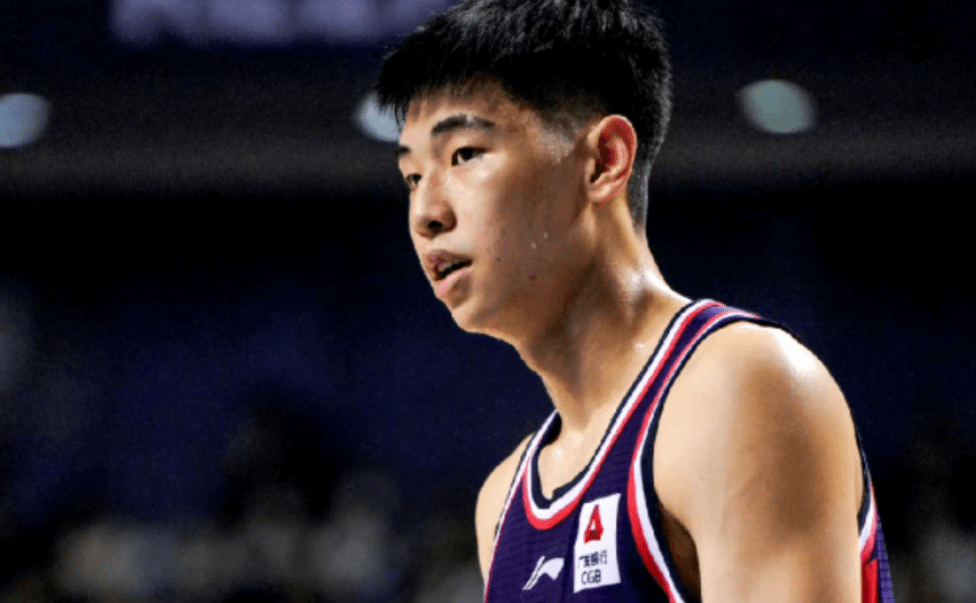
Before Cui Yongxi, many Chinese basketball players have set foot on the "basketball holy land" of the NBA. Yao Ming is one of the benchmark figures, but after him, there were few successes. Zhou Qi is the best example. This player, once hailed as "the new hope of Chinese basketball," was also highly anticipated when he entered the NBA Houston Rockets. However, he failed to deliver impressive performances in limited playing time, coupled with a mismatch with the team's tactical style, and eventually had to return to the CBA for development.
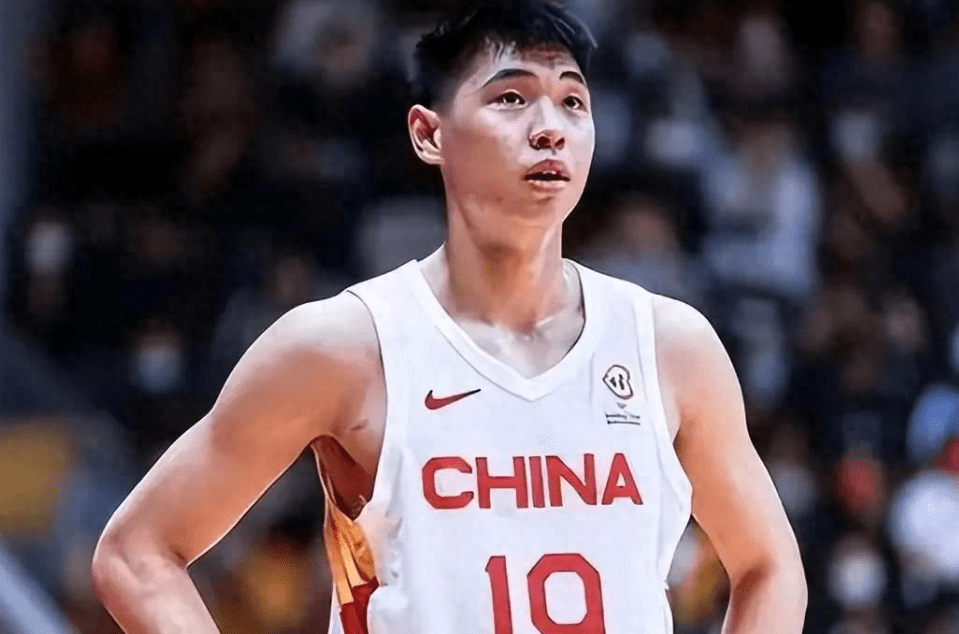
Cui Yongxi's story seems somewhat similar to Zhou Qi's. His playing time with the Nets was also very limited, and just as people expected him to fight for more opportunities to perform, an unexpected ligament injury disrupted all plans. The injury itself is already painful enough, followed by being laid off, which is a cold reality that pours cold water on him. This makes people wonder how Chinese players can stand firm on the stage where basketball masters from around the world compete?
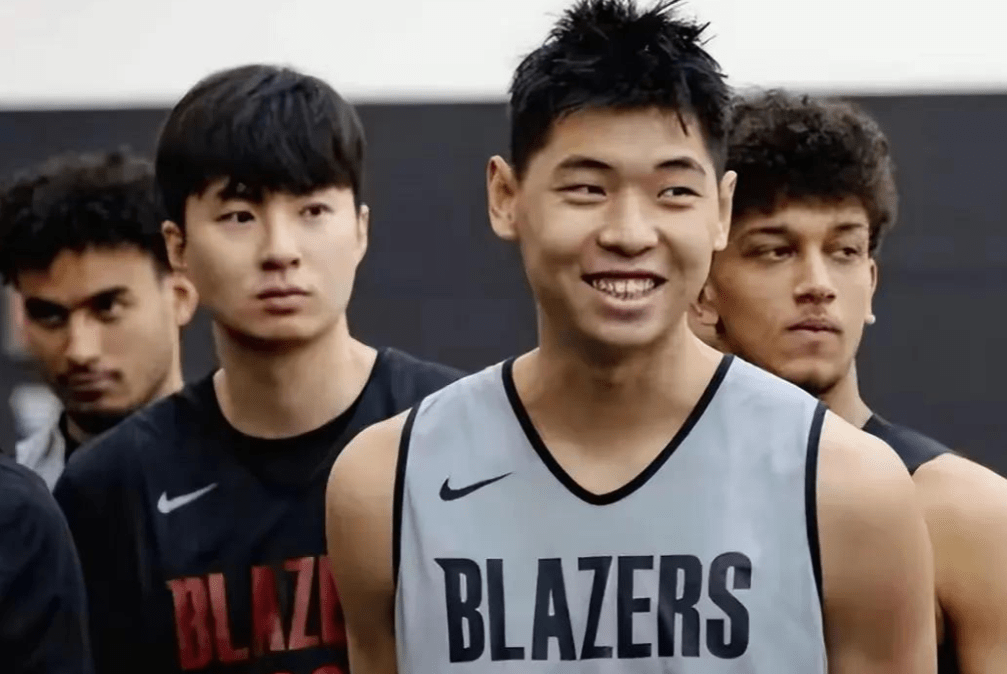
In fact, this is not a problem for individual players, but a deeper challenge. The international basketball landscape has undergone tremendous changes, with the NBA's game pace and tactical requirements becoming faster and more comprehensive, posing higher demands on athletes' physical fitness and basketball IQ. Chinese players, facing intense physical confrontations and technical upgrades, often lack sufficient preparation. Cui Yongxi's experience is not an isolated case, but a reflection.
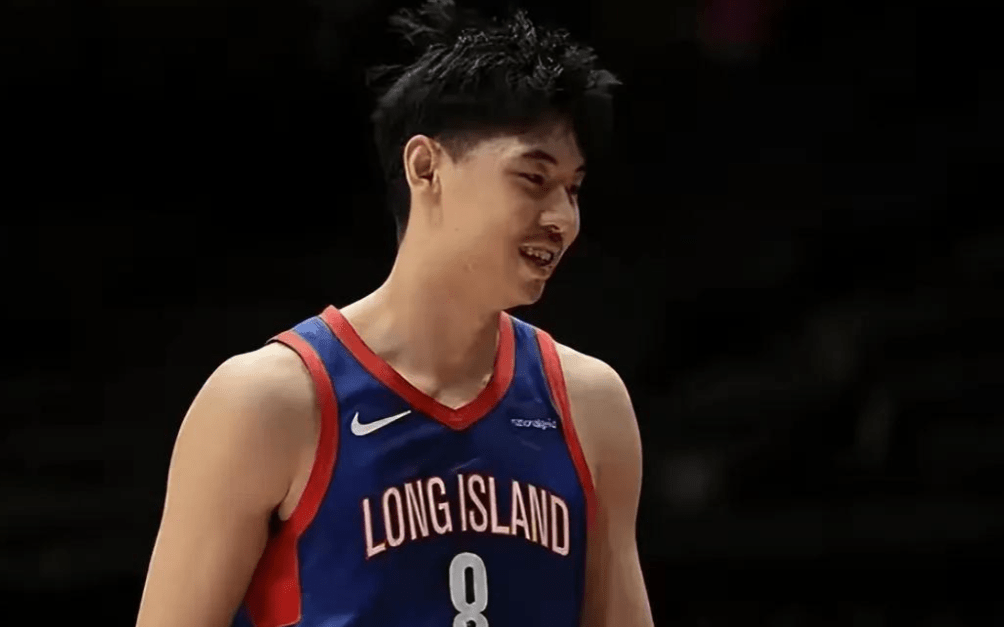
For athletes, injuries are never trivial, especially serious injuries like ligament tears. Such damage not only plunges the body into a long recovery period but may also cause irreversible psychological trauma. The most famous case of ligament injury in the NBA is none other than Derrick Rose, the "Rose of the Windy City." He suffered an anterior cruciate ligament tear at the peak of his career, completely rewriting his life trajectory. Although Rose remained in the NBA, he transformed from an absolute superstar to a role player on the bench. This "high start and low finish" transition has a considerable psychological impact on athletes.
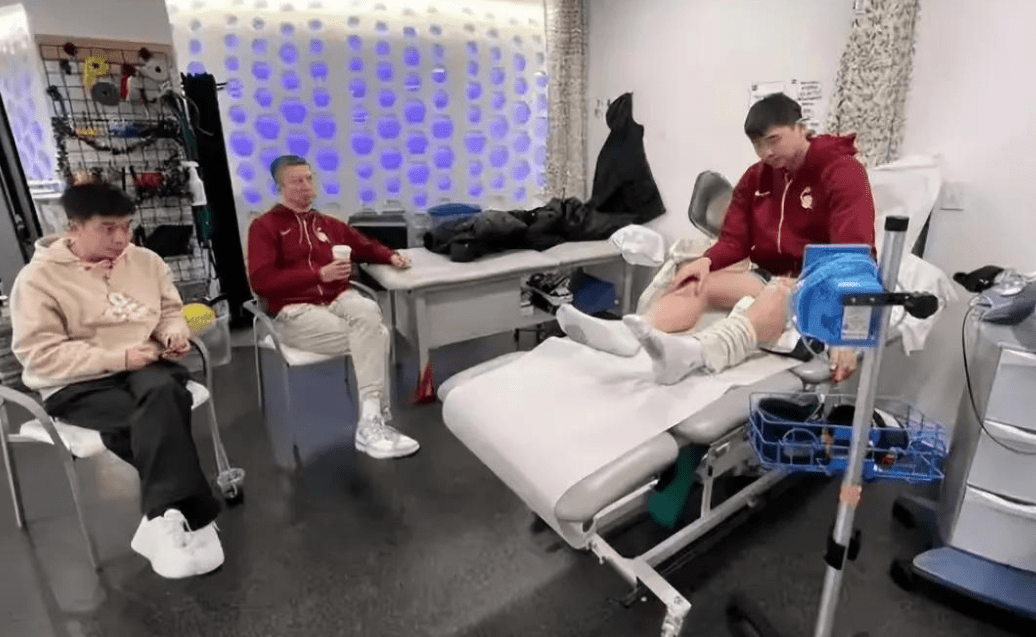
For Cui Yongxi, this injury is not only a reshaping of the body but also a test of the mind. Whether he can overcome the injury and return, and then readapt to the high-intensity competition of the NBA, remains an unknown. A more realistic issue is that NBA teams usually have extremely strict evaluations of players' physical conditions. Once considered a risk, it is difficult to get another chance. And Cui Yongxi's current physical condition is clearly worrying.
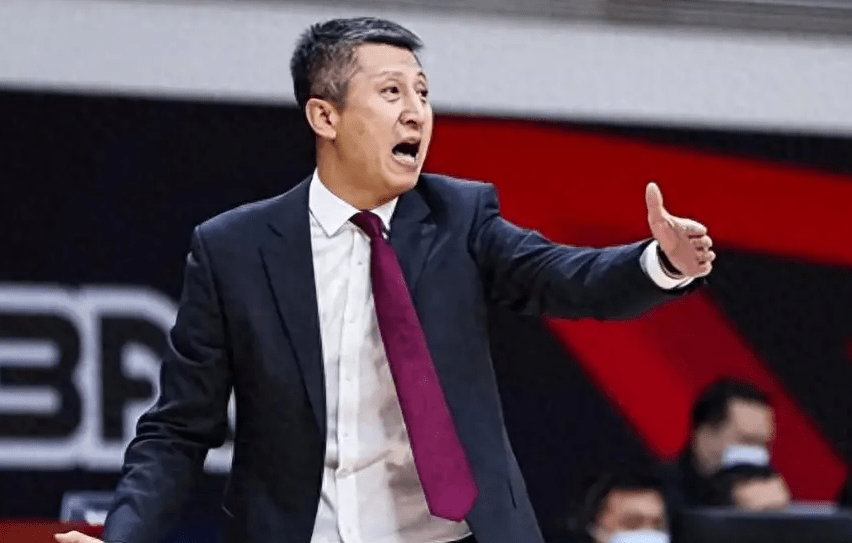
However, injuries are not the end, but a choice. How to stand up from injuries determines the future height of the player. Whether choosing to continue pursuing the NBA or returning to the domestic league, Cui Yongxi needs to show absolute tenacity and perseverance.
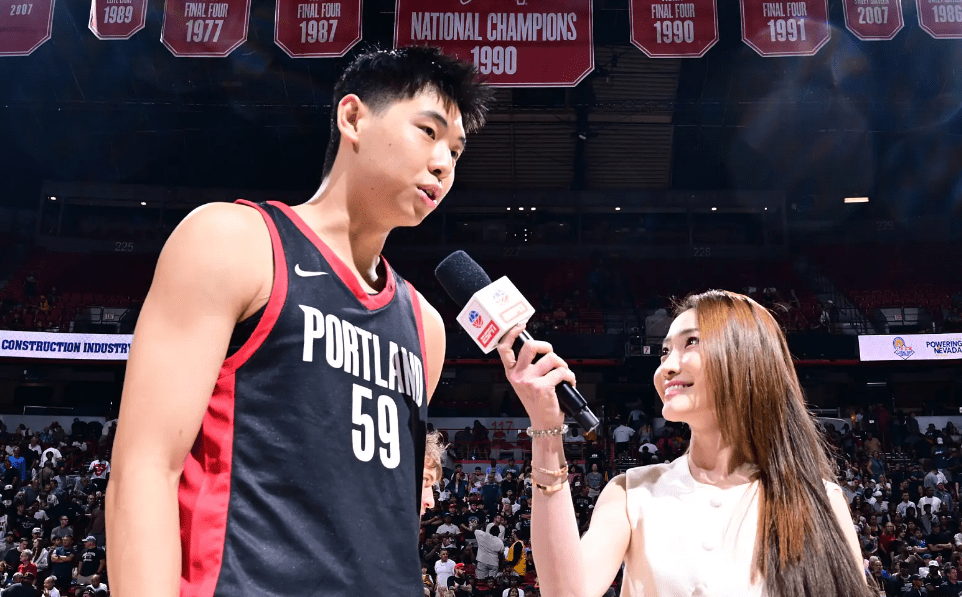
Behind Cui Yongxi, there is a mentor who has always paid attention to his growth—Guo Shiqiang. After the news of Cui Yongxi being laid off by the Nets broke, Guo Shiqiang specially flew to the United States to visit this promising student. For a head coach, this support is not only professional guidance but also emotional companionship. Guo Shiqiang did not give up on Cui Yongxi because of his temporary failure but encouraged him to view his basketball career with a long-term perspective.

For Cui Yongxi, returning to China is a realistic option. Guangzhou Team, the CBA club that cultivated him, has been silently supporting him behind the scenes. If he chooses to return to Guangzhou Team, Cui Yongxi can gradually recover his state in a familiar environment and rediscover the rhythm of his career. In fact, returning home does not mean failure. Yi Jianlian is the best example. With years of experience accumulated in the NBA, he became an absolute superstar in the domestic league after returning to the CBA, also promoting the development of Chinese basketball.
In recent years, the development of Chinese basketball has gradually shown a gap on the international stage. Except for Yao Ming and Yi Jianlian, few newcomers have truly stood firm on the international court. Cui Yongxi's experience, to some extent, also exposes the gap between the domestic basketball training system and international basketball standards. Although the level of domestic basketball leagues is improving, compared with the NBA, a world-class event, there are still significant differences in terms of confrontation intensity and tactical diversity.
However, precisely because of this, young players like Cui Yongxi, who dare to "go out," are particularly valuable. Although they inevitably experience failures on the international stage, such failures can also bring growth. After returning home, their experiences and perspectives may provide new inspiration for future young players.
Cui Yongxi's future is full of uncertainty, and his choices may also become a weathervane for the future development of Chinese basketball. Whether he continues to chase his dreams in the NBA or returns to the CBA, his professional path will be a precious story of struggle. On the track of basketball, some people will stop, while others will restart, and Cui Yongxi, as long as he is still standing on the track, his dream will never fade away.